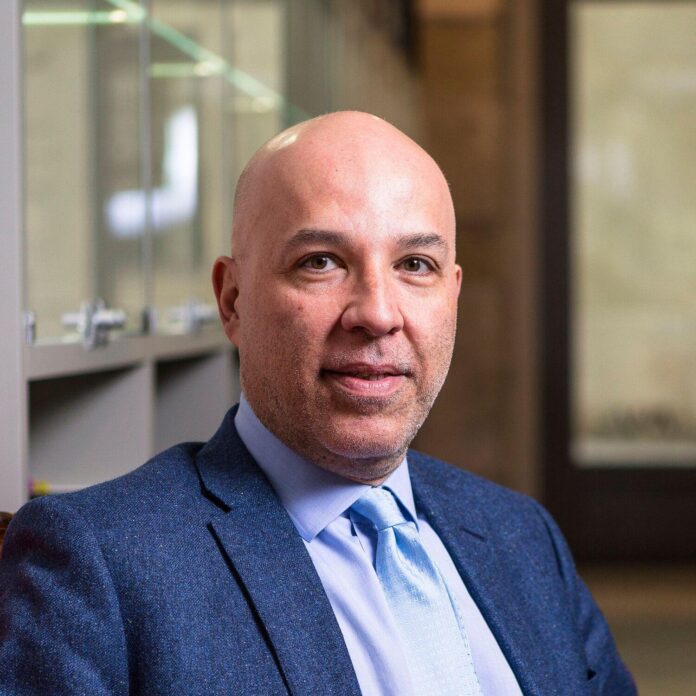Ali Aboutaam, the founder of Phoenix Ancient Art, which has galleries in Geneva and New York, has received an 18-month suspended jail sentence from a court in Geneva for violating the law on the transfer of cultural properties and use of forged provenance documents.
He pleaded guilty to the charges, concluding a six-year investigation over 15,000 antiquities from the stock he had inherited from his father, according to reports by the Swiss newspaper Le Temps and Paris Match-Belgium. The court also ordered the dealer to pay 440,000 Swiss francs (£385,000) in procedural expenses.
The court applied the relatively light sentence in response to his “sincere remorse”, his co-operation with the law enforcement authorities and his willingness to return artefacts lacking appropriate paperwork.
Aboutaam agreed to a plea deal, admitting he “had not always been able to align himself with the regulations”, due to the “imbroglio of national law and international treaties”. But, according to his lawyers, Didier Bottge and Romain Stampfli, “the shortcomings were not intended to hide any questionable provenance”. They pointed out that among more than the 15,000 antiquities temporarily sequestered and examined by Swiss authorities with the help of experts, “only 18 works appeared to be insufficiently documented” and were confiscated. They said the gallery has now obtained the release of the remaining stock. Aboutaam also claims he had himself “contributed to identify about 40 objects, that may, without his knowledge, have been fraudulently obtained by his providers” and agreed to transfer them to the public prosecutor.
The investigation started in February 2017, two months after a Byzantine oil lamp was seized by a customs patrol from a car driven by Aboutaam’s chauffeur, which led to a storage unit in Vernier, near Geneva. Aboutaam’s wife Biliana and the chauffeur then spent two weeks in jail after she removed the stock from the storehouse at night. Ali Aboutaam explained to Le Temps that he agreed then to cooperate with the authorities, allowing the restitution to Turkey of a SFr2.5m (£2.2m) Roman sarcophagus which had been seized in 2010 from his stock in Geneva Freeport.
Aboutaam said to The Art Newspaper: “The bottom line is that interpretations of paperwork can go either way after an ordeal of six years, but let the record be clear that not a single piece was proven to have been stolen or illegally obtained. On the contrary, the painstaking investigation ended up positively vetting 99.9% of the Geneva holdings, the value of which will only go up.”
Aboutaam had also been accused of having “asked art experts or collaborators of Phoenix Ancient Art gallery to fake invoices and/or provenance documents” in order to “provide a pedigree for cultural properties, aimed at dispelling any suspicion of an illicit provenance and/or facilitating their inter-State transfer in order to sell them on the art market”. Four experts have been found guilty by the court, including a former consultant for Swiss customs and Geneva’s Musée d’art et d’histoire.
Aboutaam was also accused—a charge he denies—of having paid a middleman, Adnan Mazeh, SFr85,000 (£75,000) from 2012 to 2016 for importing into Switzerland archeological goods that the gallery owner “knew or should have suspected were illicitly obtained, especially from illegal digs in several places in the Middle East”. Mazeh was sentenced in 2021 to a suspended four-month jail sentence for having breached customs import duty. In November 2021, Aboutaam was also fined SFr1.6m (£1.4m) for having failed to pay the VAT on pieces exhibited in his home, while they were registered on temporary importation at the gallery.

























